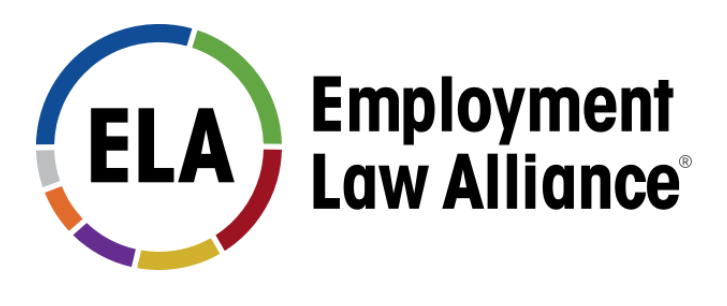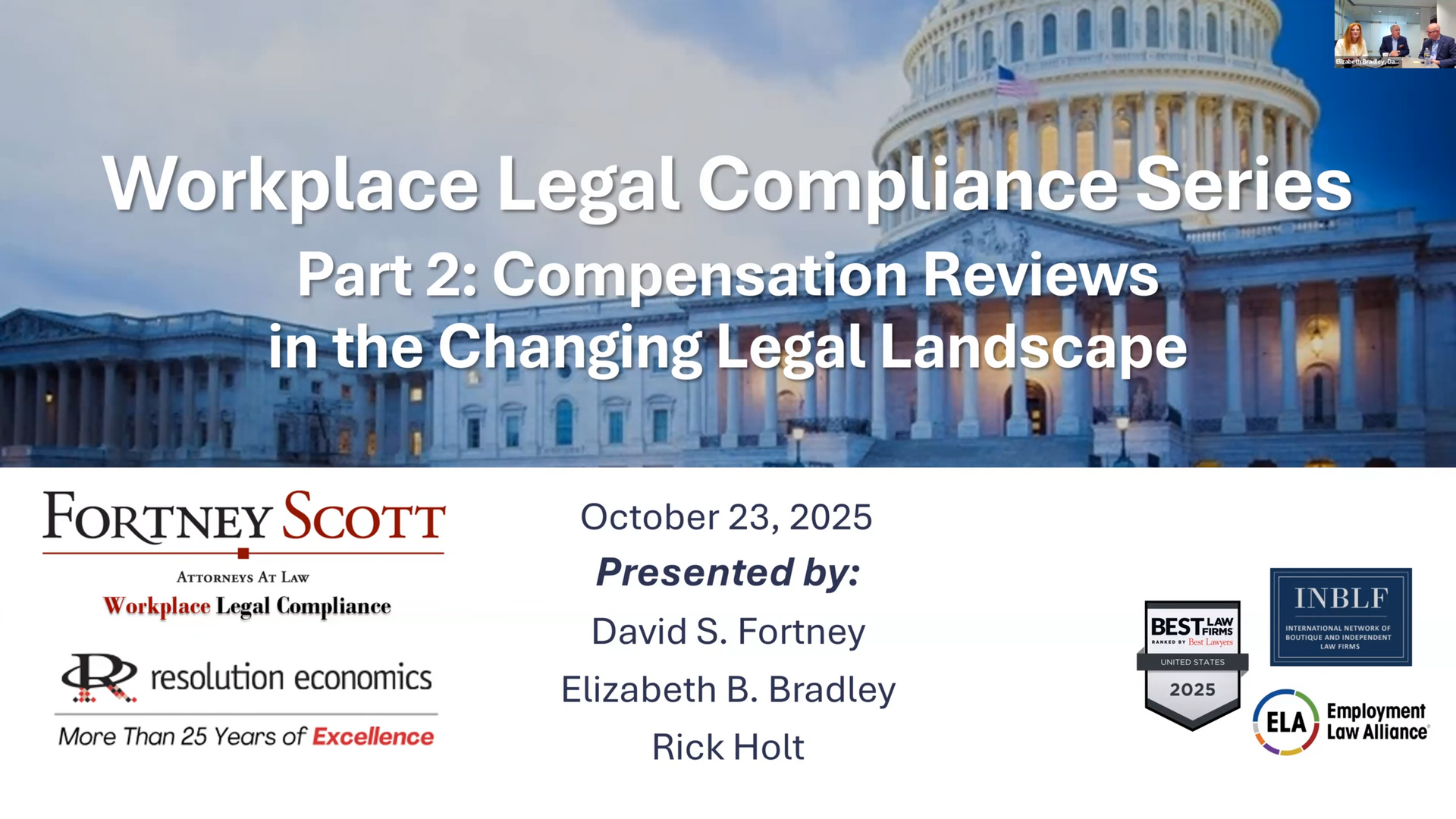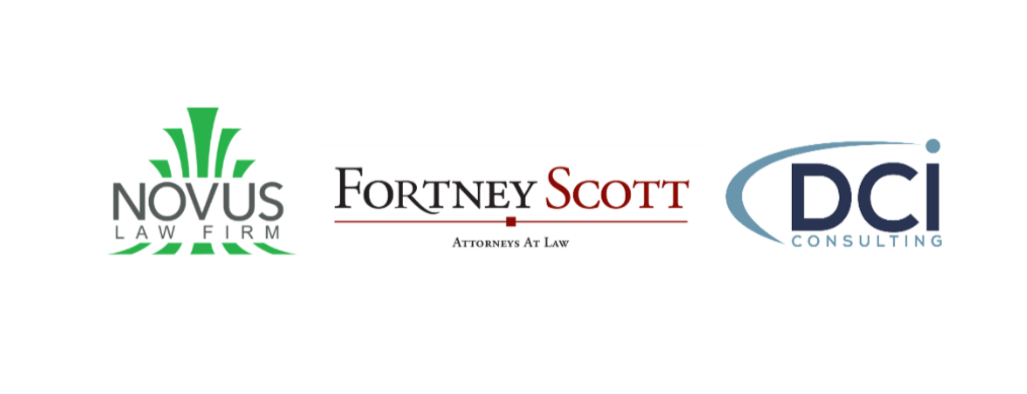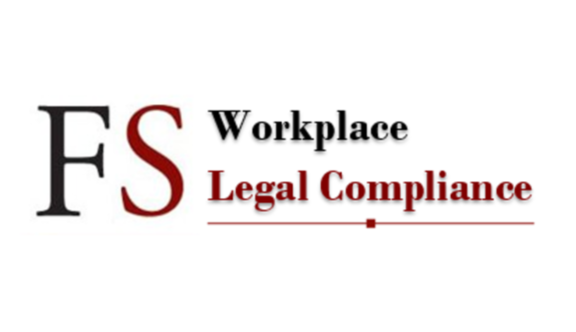Elizabeth B. Bradley
ELIZABETH B. BRADLEY
SHAREHOLDER
1909 K Street, NW, Suite 330, Washington, DC 20006
Tele: (202) 689-1200 | Fax: (202) 689-1209
ebradley@fortneyscott.com
Elizabeth B. Bradley has over twenty years of experience representing employers and federal contractors in employment law before state and federal courts and agencies, as well as counseling and training private, public, and non-profit employers in all aspects of employment law.
Ms. Bradley has extensive knowledge and experience in counseling employers related to the equal employment opportunity obligations and the development of legally compliant diversity, equity, and inclusion programs.
Ms. Bradley has a broad-based practice counseling and representing employers on compliance with federal and state workplace laws and regulations and designing and implementing sound employment practices and policies in accordance with Title VII, ADA, ADEA, and comparable state and local statutes. Ms. Bradley has broad experience in conducting effective investigations of workplace claims and grievances, including misconduct, discrimination, retaliation, harassment and other claims employers typically face. She has been called upon by clients to conduct corporate internal investigations on sensitive employment matters, including allegations of serious misconduct and sexual harassment charges involving executive personnel. In addition to conducting workplace investigations, Ms. Bradley provides guidance and legal advice to clients handling their investigations in-house. Ms. Bradley has drafted investigation policies and procedures, and sexual harassment and other EEO policies for employers and has counseled employers about their responsibilities under Title VII of the Civil Rights Act and other EEO laws.
Prior to joining FortneyScott, Ms. Bradley represented and counseled employers in labor and employment law matters in private practice. She served as a law clerk to the Honorable Ronald L. Buckwalter on the United States District Court for the Eastern District of Pennsylvania after graduating from the University of Pittsburgh School of Law. Ms. Bradley is admitted to practice in Washington, D.C. and Pennsylvania, as well as in various federal courts.
Firm Practices
- Washington DC Expertise
- EEOC Compliance
- Inclusion and Opportunity
- International
- Federal Contractor Compliance
- Pay Equity
- Wage & Hour
- Workplace Investigations
Professional Activities
- Member, American Bar Association
- Member, Washington ILG
Admitted to Practice
- District of Columbia
- Commonwealth of Pennsylvania
- Court of Appeals for the Third Circuit
- Various U.S. District Courts
Education
- University of Pittsburgh Law School (J.D.)
- Radford University (B.S.)








